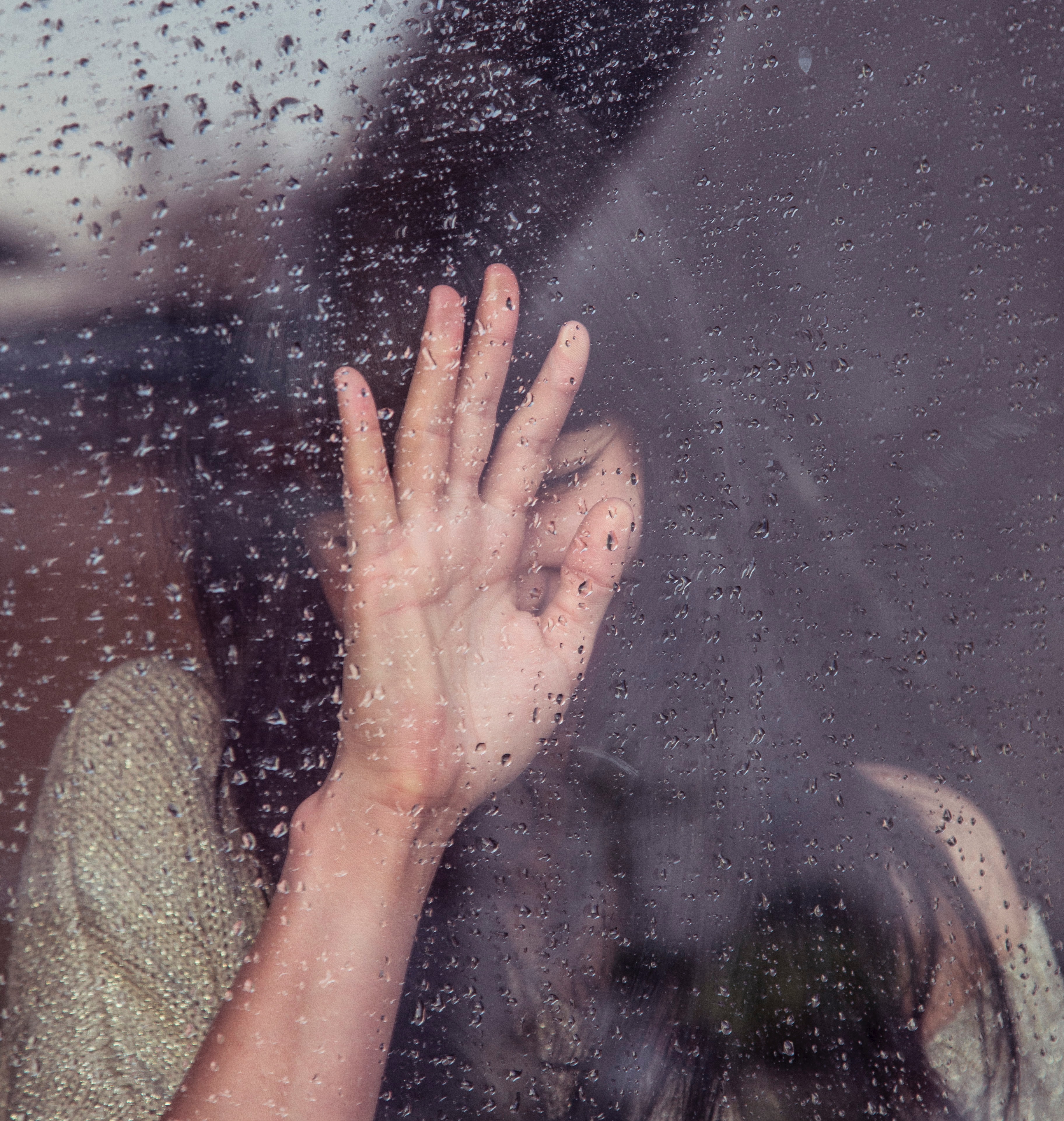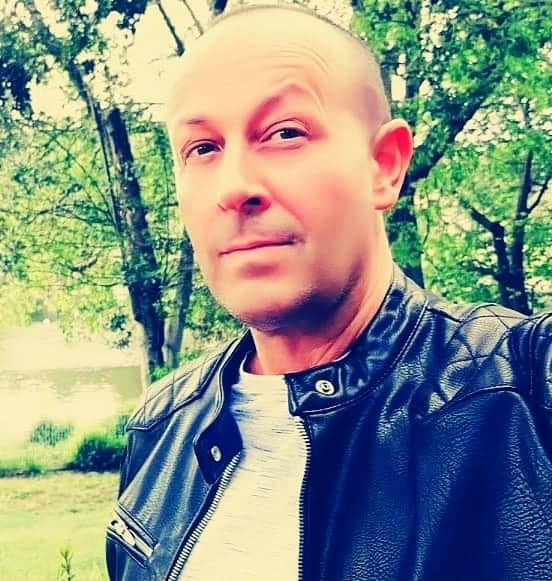
“Thought is an infection. In the case of certain thoughts it becomes an epidemic.”
― Wallace Stevens
As of 1 March, the outbreak has affected an estimated 87,000 people globally. In mainland China there have been over 2,800 deaths among over 78,000 cases, mostly in the central province of Hubei.
The coronavirus has spread to at least other 60 other countries. The most badly affected include Japan, with 850 cases, including 691 from a cruise ship docked in Yokohama, and four deaths. Italy, my country, has recorded at least 1,570 cases and 34 deaths, while South Korea has recorded more than 3,500 cases and eight deaths. There have also been deaths in Hong Kong, Taiwan, France, the US and the Philippines.
We don’t yet know how dangerous the new coronavirus is, and we won’t know until more data comes in. The mortality rate is around 2% in the epicentre of the outbreak, Hubei province, and less than that elsewhere. For comparison, seasonal flu typically has a mortality rate below 1% and is thought to cause about 400,000 deaths each year globally. Sars had a death rate of more than 10%.
Another key unknown is how contagious the coronavirus is. A crucial difference is that unlike flu, there is no vaccine for the new coronavirus, which means it is more difficult for vulnerable members of the population – elderly people or those with existing respiratory or immune problems – to protect themselves. Handwashing and avoiding other people if you feel unwell are important. One sensible step is to get the flu vaccine, which will reduce the burden on health services if the outbreak turns into a wider epidemic.
It’s still not considered a pandemic, in WHO terms, is “the worldwide spread of a disease”. The spread of the virus outside China is worrying but not an unexpected development. The WHO has declared the outbreak to be a public health emergency of international concern. The key issues are how transmissible this new coronavirus is between people, and what proportion become severely ill and end up in hospital. Often viruses that spread easily tend to have a milder impact. Generally, the coronavirus appears to be hitting older people hardest, with few cases in children.
But as I see in Italy the problem today is not only the Covid-19, it’s primarily the confused and poor communication available throughout social media that complicate the coronavirus outbreak.
Infact a 24/7 news culture on facebook, twitter, youtube, tik tok, whatsapp and etcc made that fear spread faster than the virus itself, especially as the coronavirus was being diagnosed far more rapidly than Sars was 20 years ago.
Every day from two months to date scientist all around the world do the diagnosis, and then we read about the news of the diagnosis right away throughout the world instantaneously on our smartphones . We’re constantly getting updates on this and I think that feeds into some of the anxiety that people have.
Social media is giving people partial information, but not all the facts, and that magnified their concerns. It is has zipping information and misinformation around the world at unprecedented speeds, fueling panic, racism, confusion and ake news.
So, be aware because misinformation is rampant and it means that bad advice can circulate very quickly and it can change human behaviour to take greater risks.
Infact just as the number of people and countries affected by this new virus have spread, so have conspiracy theories and unfounded claims about it. Already social media sites, including Facebook, Twitter, YouTube, and TikTok, have seen a number of false and misleading posts about 2019nCoV, such as:
1) Oregano Oil Proves Effective Against Coronavirus,” an unfounded claim.
2) a hoax stating that the US government had created and patented a vaccine for coronavirus years ago, shared with nearly 5,000 Facebook users.
3) a false claim that “coronavirus is a human-made virus in the laboratory.
4) sales of unproven “nonmedical immune boosters” to help people ward off 2019-nCoV.
5) unfounded recommendations to prevent infection by taking vitamin C and avoiding spicy foods .
6) a video with useless advice about preventing 2019-nCoV by modifying your diet (for example, by avoiding cold drinks, milkshakes, or ice cream). This video, which demonstrates the removal of a parasitic worm from a person’s lip, is many years old and has nothing to do with 2019-nCoV.
HERE’S WHAT CAN BE DONE TO STOP MISINFORMATION:
Misinformation and fake news on social media during infectious disease outbreaks, including the current novel coronavirus epidemic, can cost lives, according to researchers.
Prof Paul Hunter, who is an expert on the new coronavirus infection, now called Covid-19, and Dr Julii Brainard, who are from UEA’s Norwich Medical School, said efforts to disseminate correct information across social media and correct the false stories could save lives.
Hunter said: “Fake news is manufactured with no respect for accuracy, and is often based on conspiracy theories. ” “When it comes to Covid-19, there has been a lot of speculation, misinformation and fake news circulating on the internet – about how the virus originated, what causes it and how it is spread.”
He also added that the first strategy to address the problem is to reduce the amount of misinformation on social media.
The second strategy is to educate people to recognise false information when they saw it.
Due to the first strategy some ot the top social media companies have taken steps to prevent the spread of bad information.
Facebook is trying to fact-check postings, label those that are clearly false, and reduce their ranking so they are less prominently displayed. Twitter, YouTube, and TikTok have also taken steps to limit or label misinformation.
But it’s nearly impossible to catch them all, especially since some are in private social media groups and are harder to find.
So, right now to avoid being misled, look for information from trusted media and government voices, and avoid information that appears be unsourced or inflammatory.
People just need to keep checking for official sources and if you’re reading unofficial blogs and unofficial Facebook pages, then you can’t be sure that what you’re reading is genuine.
They must also recognise that there are some questions about coronavirus that we don’t yet know the answers to, scientist said.
For that reason, social media companies, government and science communicators should simply start to share clear, straightforward messages about the outbreak.

